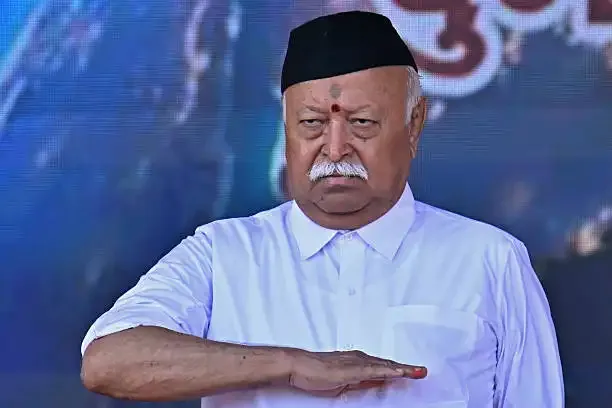Shopping cart
Your cart empty!
Terms of use dolor sit amet consectetur, adipisicing elit. Recusandae provident ullam aperiam quo ad non corrupti sit vel quam repellat ipsa quod sed, repellendus adipisci, ducimus ea modi odio assumenda.
Lorem ipsum dolor sit amet consectetur adipisicing elit. Sequi, cum esse possimus officiis amet ea voluptatibus libero! Dolorum assumenda esse, deserunt ipsum ad iusto! Praesentium error nobis tenetur at, quis nostrum facere excepturi architecto totam.
Lorem ipsum dolor sit amet consectetur adipisicing elit. Inventore, soluta alias eaque modi ipsum sint iusto fugiat vero velit rerum.
Sequi, cum esse possimus officiis amet ea voluptatibus libero! Dolorum assumenda esse, deserunt ipsum ad iusto! Praesentium error nobis tenetur at, quis nostrum facere excepturi architecto totam.
Lorem ipsum dolor sit amet consectetur adipisicing elit. Inventore, soluta alias eaque modi ipsum sint iusto fugiat vero velit rerum.
Dolor sit amet consectetur adipisicing elit. Sequi, cum esse possimus officiis amet ea voluptatibus libero! Dolorum assumenda esse, deserunt ipsum ad iusto! Praesentium error nobis tenetur at, quis nostrum facere excepturi architecto totam.
Lorem ipsum dolor sit amet consectetur adipisicing elit. Inventore, soluta alias eaque modi ipsum sint iusto fugiat vero velit rerum.
Sit amet consectetur adipisicing elit. Sequi, cum esse possimus officiis amet ea voluptatibus libero! Dolorum assumenda esse, deserunt ipsum ad iusto! Praesentium error nobis tenetur at, quis nostrum facere excepturi architecto totam.
Lorem ipsum dolor sit amet consectetur adipisicing elit. Inventore, soluta alias eaque modi ipsum sint iusto fugiat vero velit rerum.
Do you agree to our terms? Sign up

The ongoing political confrontation between the Rashtriya Swayamsevak Sangh (RSS) and the Congress party has intensified after Congress President Mallikarjun Kharge renewed his call for banning the RSS. Responding sharply, RSS General Secretary Dattatreya Hosabale dismissed the demand, reminding Congress of past failures to suppress the organisation.
Hosabale stated, “Such attempts were made three times in the past. What did society say then? What did the court say? Despite all this, the Sangh’s work kept growing.” His remarks came amid mounting criticism from Congress leaders, including Priyank Kharge, who accused the RSS of disturbing communal harmony and undermining democratic institutions.
Mallikarjun Kharge reignited the decades-old debate by invoking Sardar Vallabhbhai Patel’s 1948 decision to temporarily ban the RSS following Mahatma Gandhi’s assassination. He alleged that the organisation has repeatedly contributed to law and order disturbances and fosters division under the guise of nationalism.
Kharge argued that a fresh ban was essential to preserve secularism and maintain peace, adding that the RSS operates as the ideological backbone of the Bharatiya Janata Party (BJP).
In his counter, Dattatreya Hosabale emphasized that any ban must be backed by legal and constitutional justification. He said, “Those calling for a ban should study history. The RSS was banned and unbanned three times, each time without proof of wrongdoing.”
Hosabale further noted that despite repeated political attacks, the RSS has continued to expand its outreach through social welfare, education, and nation-building initiatives, earning widespread grassroots support.
The RSS faced bans during three major periods — in 1948 after Gandhi’s assassination, in 1975 during Indira Gandhi’s Emergency, and briefly post the Babri Masjid demolition in 1992. Each time, courts or subsequent governments revoked the prohibition due to a lack of legal grounds.
Political analysts argue that the renewed confrontation reflects the Congress’s attempt to consolidate its secular voter base ahead of upcoming state elections, while the RSS’s assertive stance showcases confidence in its ideological resilience.
Several BJP leaders condemned Congress’s statements, accusing it of reviving outdated narratives for electoral gain. Meanwhile, Congress allies defended Kharge, saying that the issue concerns “national integrity, not politics.”
Observers note that this verbal duel could shape the tone of the political discourse leading up to the 2026 general elections, particularly around themes of nationalism, secularism, and constitutional values.
The renewed RSS-Congress clash underscores India’s deep-rooted ideological divide. While Congress invokes history to challenge the RSS, the Sangh leadership counters with constitutional legitimacy and social acceptance — signaling that the debate over India’s ideological future is far from over.
3
Published: 6h ago